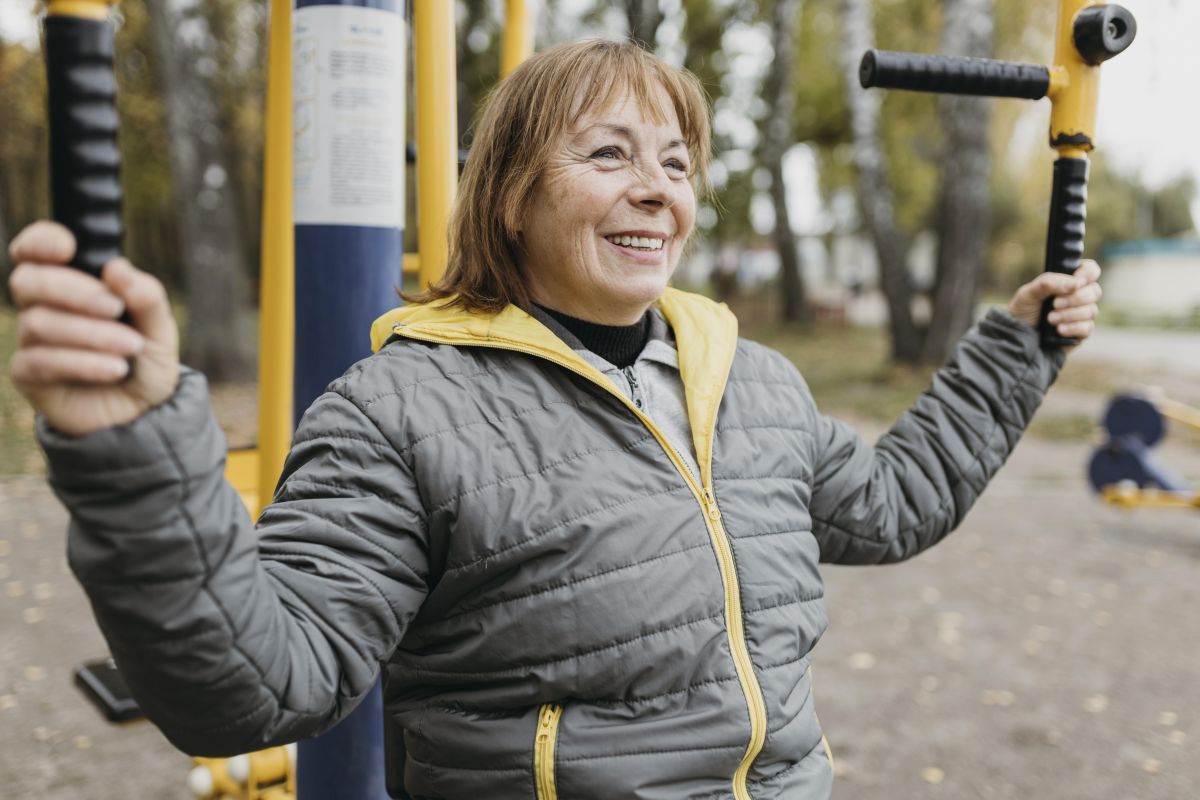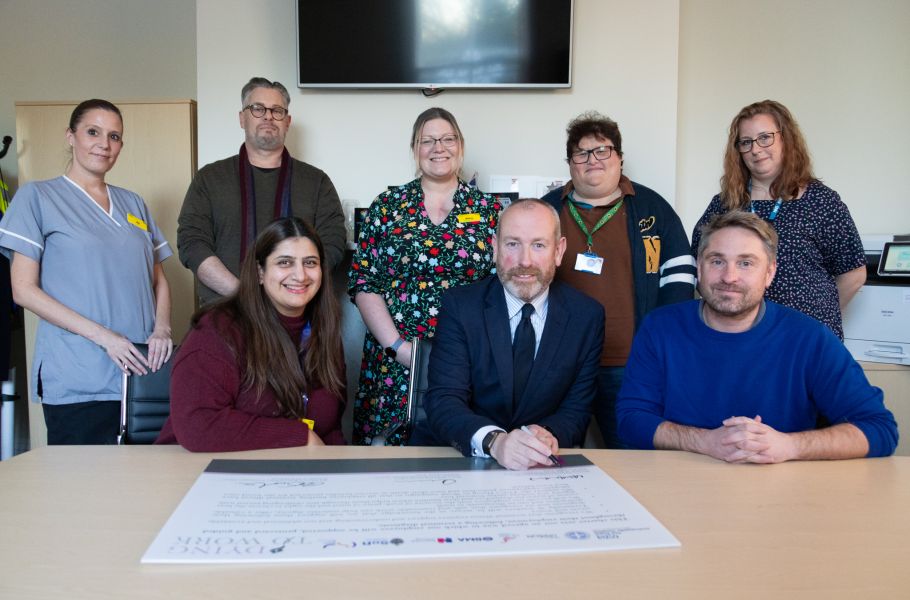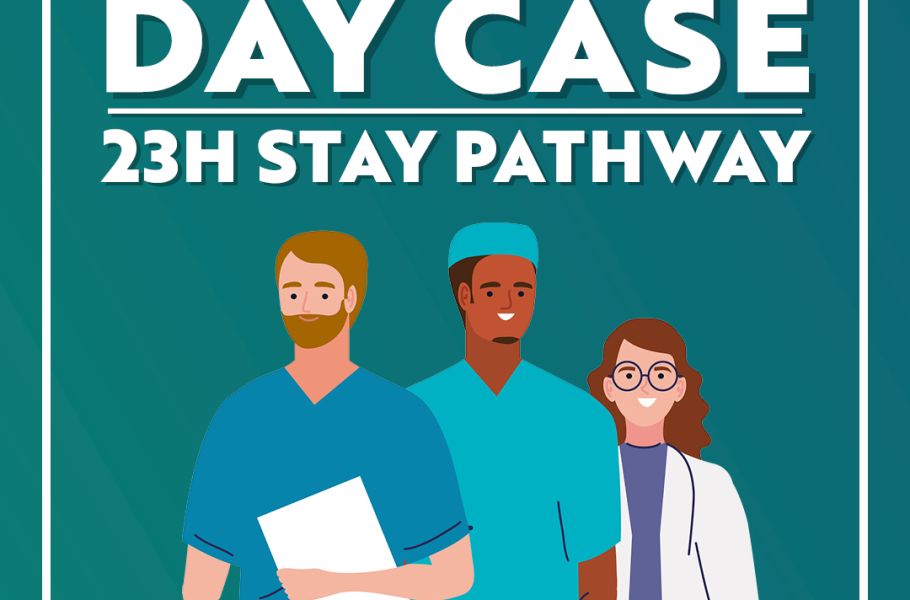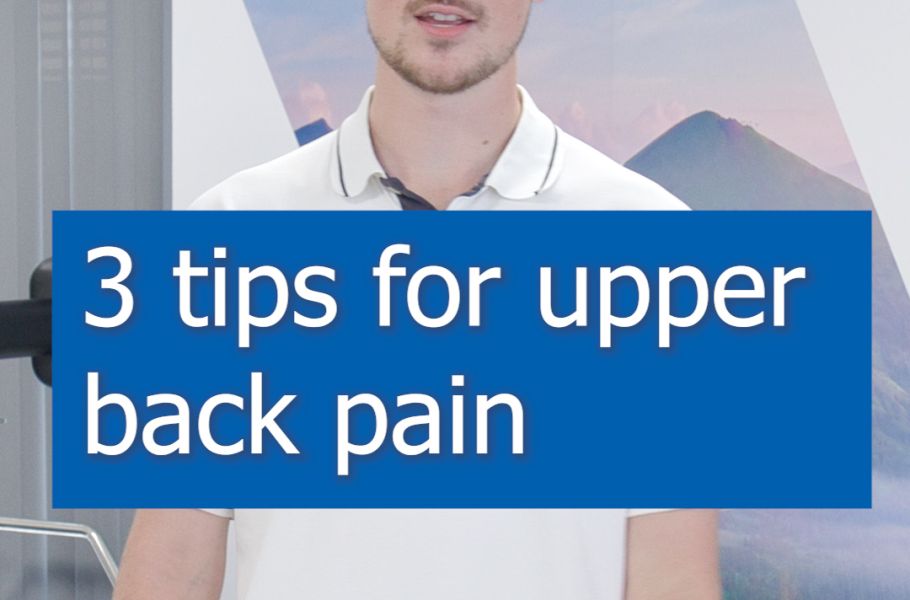Are you getting enough exercise?

Physical activity benefits your overall health. It helps manage stress and improve sleep, helps with weight goals and improves overall quality of life. But did you know it can also reduce the chance of some health conditions? Dr Vinay Ketkar, Clinical Service Lead for Musculoskeletal medicine, Pain and Therapies at the Royal Orthopaedic Hospital shares how you can make sure you’re exercising enough.
Exercising regularly with both cardiovascular and strength exercises reduces joint and back pain by 25% and Type II diabetes by 40%. It can also improve a range of other health conditions from cardiovascular disease to falls and cancers.
To make sure you’re getting the benefits from exercising, it’s important to get the balance right. Here are some tips:
- Make it a daily habit – start the day with a brisk walk, or take the stairs instead of the lift
- Minimise time sat down. For example, break up working at your desk by taking a short walk
- Improve balance to help reduce the chance of falls. Try activities like Tai Chi, bowls or even dancing
- Aim for a combination of moderate and vigorous intensity activity per week. You want at least 150 minutes each week of moderate intensity activity, like a brisk walk, swimming or cycling, or 75 minutes of vigorous intensity activity per week such as running or playing a sport
If you have a disability, exercise can help make daily tasks easier and it increases independence.
People with a disability should aim for strength and balance activities at least two days per week, as these can help with strengthening muscles and bones as well as improving mobility and balance. If you want to substantially improve your health, you’ll need to aim for at least 150 minutes of moderate intensity activity per week.
And remember you should be able to talk, but not sing, if you’re doing moderate intensity activity. And if you’re doing vigorous intensity activity you should find it difficult to talk without pausing.
For support in exercising more visit Royal Orthopaedic Hospital - Exercise and movement









